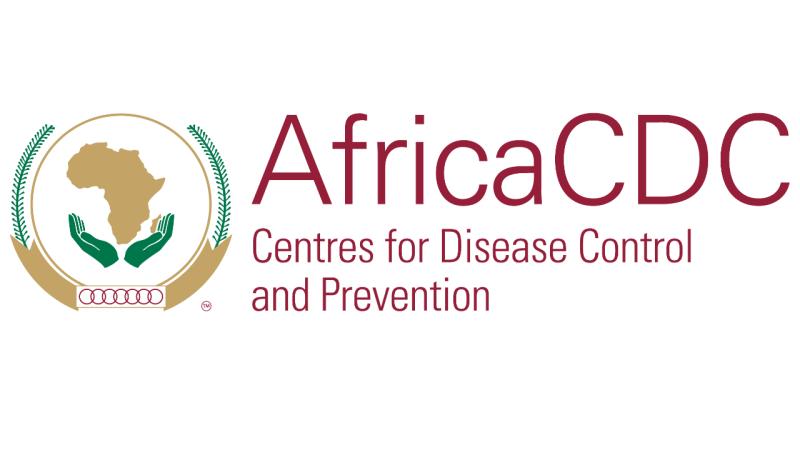By Iyemah David
The Africa Centre for Disease Control and Prevention (Africa CDC) said a pivotal decision on Mpox’s public health emergency status or will be made on May 17 by the Emergency Consultant Group (ECG).
Director General of Africa CDC, Dr Jean Kaseya, who said this on Thursday during the Weekly webinar media briefing, said that the centre would decide whether to retain status or lift it.
The Africa CDC has officially declared the Mpox outbreak a Public Health Emergency of Continental Security (PHECS).
This was the first such declaration since the agency was established in 2017.
This empowers Africa CDC to lead and coordinate continent-wide responses, mobilise resources and strengthen surveillance, laboratory testing and healthcare worker capacity.
The declaration follows a surge in Mpox cases across at least 12 African countries.
The countries include Burundi, Kenya, Rwanda, and Uganda, with 2,863 confirmed cases and 517 deaths in 2024, mostly in the DRC. Suspected cases now exceed 17,000.
Dr Kaseya said that the outcome would guide the implementation of the updated Mpox Response Plan 2.0.
“We are not saying it is the end of Mpox, we are saying we need to do things differently,” he said,
He stressed the need for a shift in approach guided by science and operational realities.
He said that progress was being made in controlling the outbreak, especially among healthcare workers.
“From November to January, we have seen almost a 50 per cent decrease in infections among healthcare workers due to the reinforcement of Infection Prevention and Control (IPC) measures.
“If we do not protect ourselves, we are not protecting the community. Healthcare workers are also a potential source of transmission, and their absence affects our ability to care for those infected,” he said.
He also addressed the issue of vaccine import, confirming that earlier reports of customs fees were inaccurate.
“Some custom fees for a vaccine? That was not correct. I have asked the Minister of Finance to officially issue a letter confirming a waiver for all vaccines imported to support the Mpox response.
“I am counting on you, colleagues, to make it clear that this issue no longer exists,” he said.
He said that the continent’s response was being reinforced through contact tracing and the work of the IMSC team based in the Democratic Republic of the Congo (DRC).
Dr Kaseya further stressed Africa’s broader public health priorities, including health financing, local vaccine manufacturing, and the integration of innovation.
“We are putting in place a high-level committee to work with Africa CDC on our three-pillar strategy.
“Innovation is also key. We must begin applying artificial intelligence in health. We are already working on this and will begin implementation very soon,” he said.
Kaseya called for collaboration across governments, stakeholders and media to ensure a proactive and self-reliant health security agenda for Africa.




